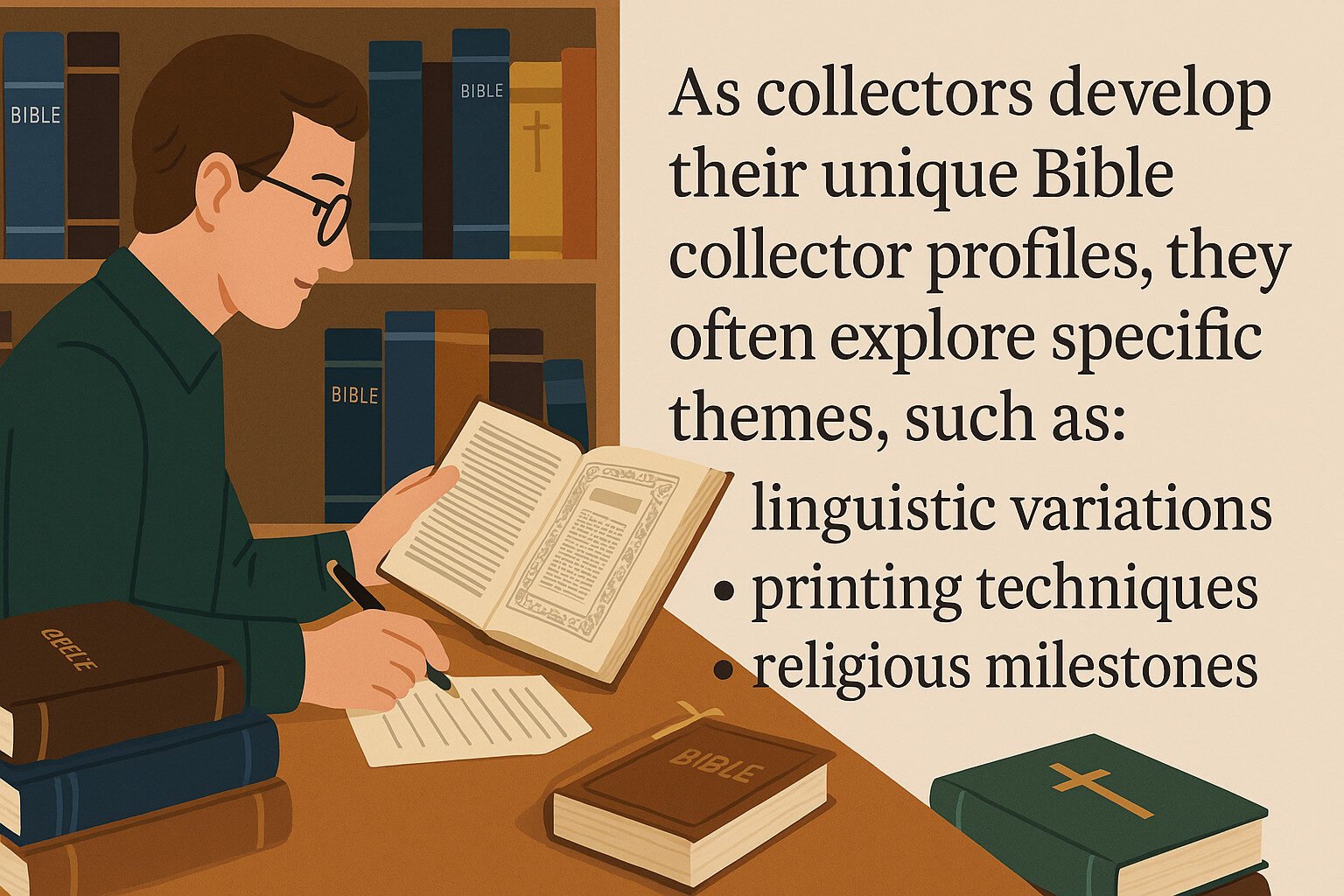Introduction to Antiquarian Bible Collecting Antiquarian Bible collecting is a distinguished pursuit that not only serves as a testament to the rich history of biblical…
Comments closedTag: Bible
Bible collecting has evolved into a notable investment avenue, appealing to both religious adherents and collectors who recognize the historical and cultural significance of these…
Comments closedAntiquarian Bible Identification: The Who, What, and Where Antique Bible identification is an intriguing pursuit that melds passion for literature with the appreciation of history.…
Comments closedKing James I, also known as King James VI of Scotland, was the first monarch to rule both England and Scotland. He is a notable figure in history for his contributions to literature, his efforts to establish peace between Catholics and Protestants, and his impact on Christianity. He ruled from 1603 to 1625.
Comments closed



